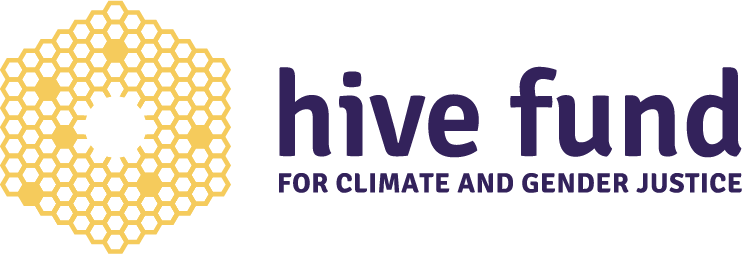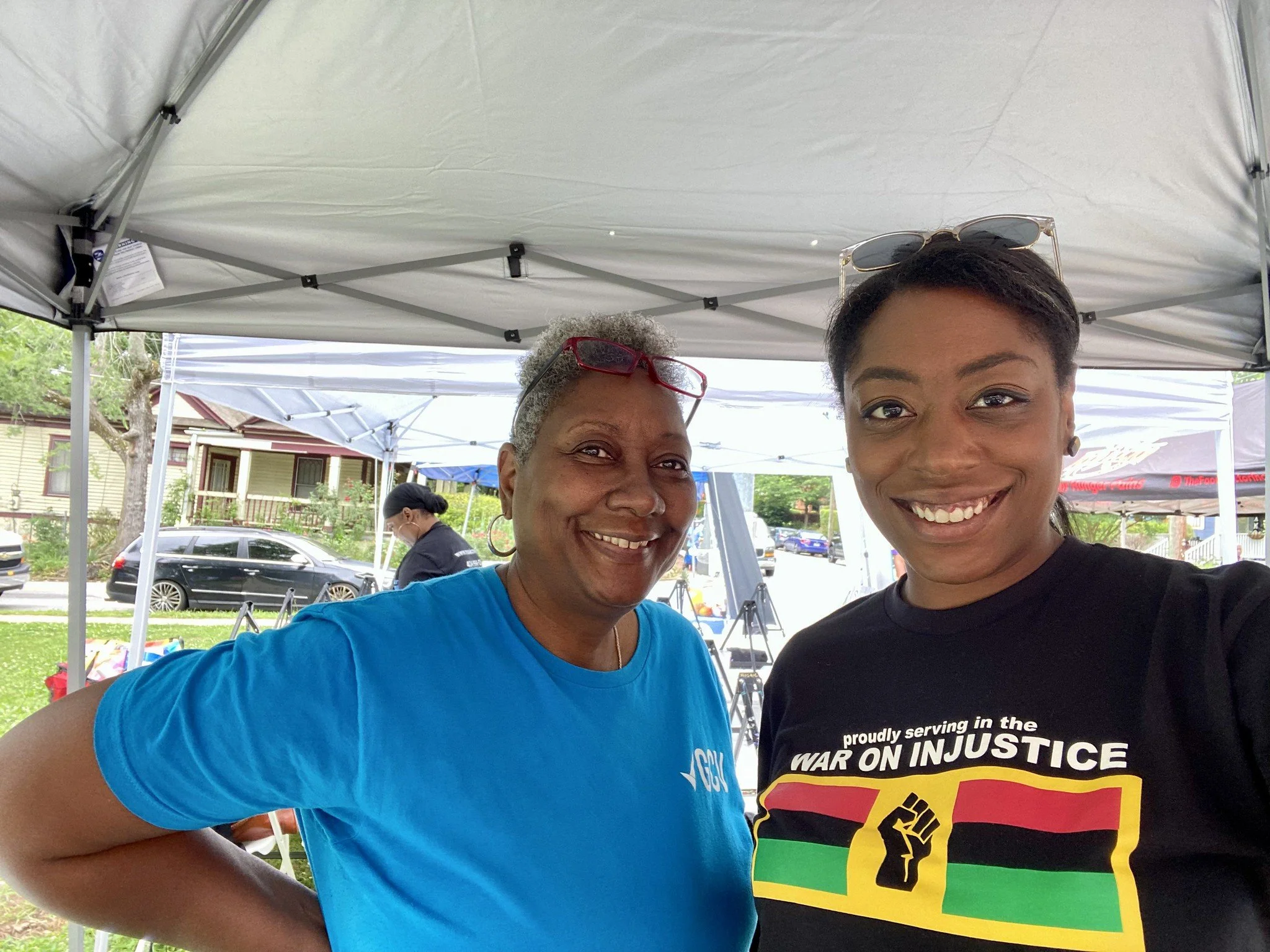Getting to "Yes" with Solar for All
In May of 2022, Fox News reporters in Georgia went undercover to expose a new source of scams that was causing outrage from residents across the state: solar. From rural Tallapoosa to urban Atlanta, homeowners were getting tricked by unscrupulous companies into laying out tens of thousands of dollars for solar that at best didn’t achieve the promised energy savings and at worst wreaked havoc on their roofs and electrical systems. This rash of solar scams, which prompted calls for intervention by the state’s utility regulator and helped drive new federal action to protect consumers, is shaping up to be a real barrier as groups start outreach to implement the state’s new Inflation Reduction Act-funded Solar for All program.
Georgia BRIGHT was piloted by the Capital Good Fund in 2023 as a way to use federal tax incentives to make solar and battery storage affordable to low-income households. In spring of 2024, in coalition with several municipalities, small businesses, community leaders, and nonprofits — including some Hive Fund grantee partners — the program won $156 million in Solar for All funding to expand across the state. The program is expected to reach up to 20,000 residents and nonprofit organizations through four programs: a single-family solar lease; a free residential direct install solar program; a “community benefit” solar program; and a utility-led community solar program. These offerings will lower energy costs while providing jobs, workforce training opportunities, and other community benefits.
But to be successful, Georgia BRIGHT will need to convince wary residents that the benefits it’s offering are real.
Georgia Conservation Voters canvasses at a community event.
Hive Fund grantee partner Georgia Conservation Voters (GCV), a trusted organization with broad reach across Georgia, was tapped to be the expanded program’s first outreach partner. In June, when they started knocking on doors in Atlanta to reach low-income residents about the solar leasing opportunity, they found initial enthusiasm but little follow through. “After knocking on nearly 30,000 doors, it’s clear that Georgia residents are interested in rooftop solar. People are having good conversations at the door and are answering good questions about solar,” explained GCV Executive Director Brionté McCorkle, “but it’s going to take a lot more work to provide education and build trust in order to seal the deal on more solar leases.”
This reluctance, she says, underscores the need for trusted community outreach partners, education, and consistent, culturally-rooted marketing that meets residents where they are. Even before the federal Solar for All funding has started to flow, GCV is looking for ways to add more canvassers, host information sessions, activate respected community messengers, and create compelling digital content and mailers to build credibility and lay the groundwork for a successful program. GCV is also supporting a new legislative working group to make policy recommendations for distributed solar, including consumer protection.
“Georgia BRIGHT is a community effort and building trust within the community is essential to reaching as many families as possible,” Capital Good Fund Chief Business Officer Aisha Bussey noted in a press release about the program.
When programs like these are successful, McCorkle notes, they are also an opportunity to build public support for more clean energy investments. “When people see their government working for them in tangible ways, they will be more willing to invest their time in democratic processes, and advocate for the things they care about.”

